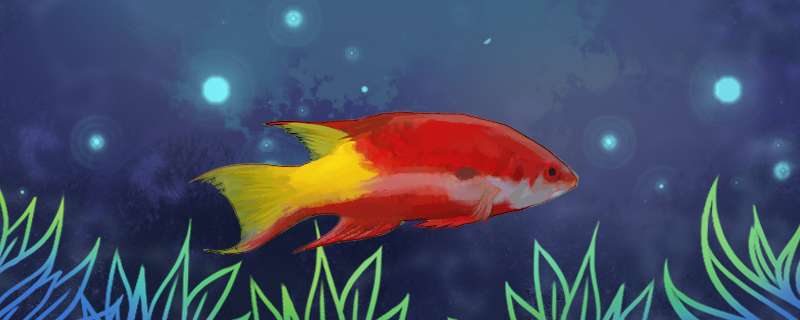
The Cuban tricolor has the habit of sneaking into the gravel at night for the night. When raising them, in order to ensure their good sleep, it is best to lay a layer of sand on the bottom of the water. In addition, they have strong physique, lively and docile temperament, like to swim in groups with partners in the water, not delicate at all. Their feeding difficulty is not very high, or very suitable for novice feeding.
1. Water temperature: The Cuban tricolor is sensitive to changes in water temperature. When feeding, it is best to control the water temperature between 27-28 C, which is the most conducive temperature for their survival. When changing water, we should also pay attention to the temperature difference between new and old water. Before changing the water, neutralize the water temperature of the new and old water, and then change the water.
2. Water quality: They like to live in weak alkaline soft water. Therefore, it is more appropriate to control the PH value of the water body between 8.0 and 8.5 and the hardness of the water body between 7 and 9. Another point to note is that because they are marine fish, so to use sea water or artificial sea water to raise, the specific gravity of water should be between 1.002-1.023. The quality of the water requires clarification, so frequent water changes and cleaning are required.
3. Feeding: They belong to carnivorous fish, and the baits that can be fed include frozen fish and shrimp meat, tubificidae, pellet feed for seawater fish, etc.